Constants
In mathematics, a constant is a value that does not change. It is a fixed and specific number that remains the same in all contexts. Constants are used in equations, formulas, and expressions to represent known values.
There are different types of constants, such as:
- Numeric Constants: These are specific numbers, such as 3, 5, or 10.
- Mathematical Constants: These are special numbers with significance in mathematics, such as π (pi) or e (Euler's number).
- Physical Constants: These are values that represent physical quantities, such as the speed of light or the gravitational constant.
Constants are often denoted by specific symbols or letters, and their values are defined and fixed. In algebraic expressions, constants are often combined with variables and operators to form mathematical equations.
For example, in the equation y = 2x + 5, the number 5 is a constant because it does not change as the value of x varies. Similarly, in the formula for the area of a circle, A = πr2, the value of π is a constant representing the ratio of the circumference to the diameter of a circle.
Understanding constants is important in various areas of mathematics and science, as they provide known and fixed values that are essential for solving problems and making calculations.
Overall, constants play a crucial role in mathematical expressions and equations, serving as unchanging values that contribute to the understanding and application of mathematical concepts.
.◂Math Worksheets and Study Guides Third Grade. Shapes

 Worksheet/Answer key
Worksheet/Answer key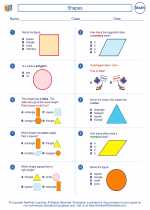
 Worksheet/Answer key
Worksheet/Answer key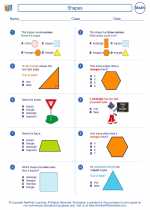
 Worksheet/Answer key
Worksheet/Answer key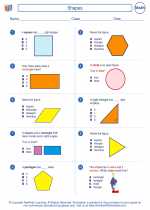
 Worksheet/Answer key
Worksheet/Answer key
 Worksheet/Answer key
Worksheet/Answer key
 Worksheet/Answer key
Worksheet/Answer key
 Worksheet/Answer key
Worksheet/Answer key
 Worksheet/Answer key
Worksheet/Answer key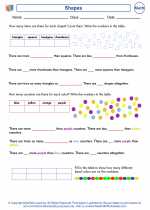
 Worksheet/Answer key
Worksheet/Answer key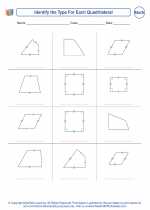
 Worksheet/Answer key
Worksheet/Answer key
